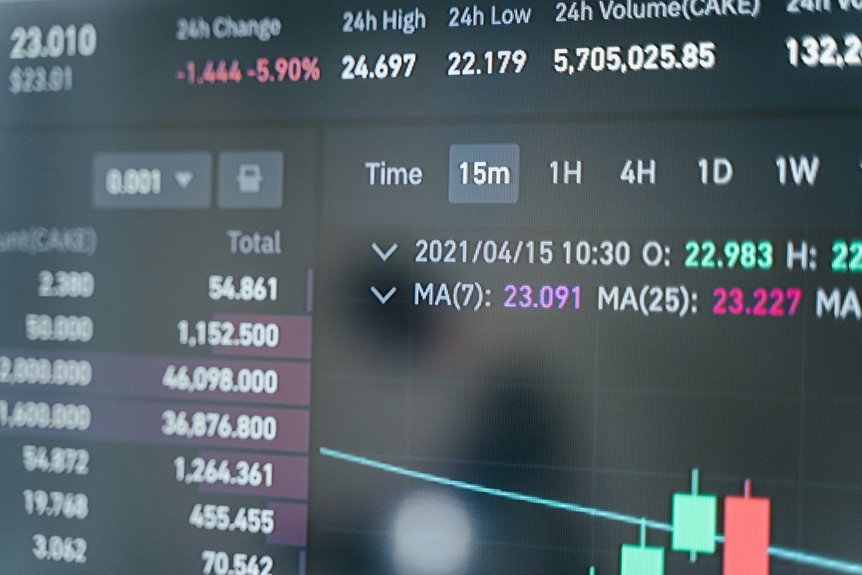The phone number 1928352142 serves as a case study for understanding regional origins through its area code. The “192” prefix suggests a specific geographic area, which may correlate with demographic and economic factors. By examining the implications of this area code, one can uncover the cultural identity tied to the location. This analysis raises questions about how telecommunications shape our connections and perceptions of communities. What insights might emerge from further investigation?
Understanding the Structure of Phone Numbers
The structure of phone numbers serves as a vital framework for telecommunications. Various phone number types, including mobile, landline, and VoIP, utilize standardized dialing formats, ensuring efficient connectivity.
Each format incorporates essential elements such as country codes and area codes, facilitating international and domestic communication. This systematic arrangement enhances user accessibility, allowing individuals to navigate the complexities of telecommunications with greater freedom and ease.
Analyzing the Area Code: Regional Significance
Area codes play a significant role in the telecommunications landscape by designating specific geographic regions.
Their area code significance extends beyond functionality, contributing to regional identity. Each code reflects demographic patterns, economic hubs, and cultural nuances, allowing for the identification of localities.
This numerical designation fosters a sense of belonging and connection among individuals within the same area, enhancing community engagement and communication.
Historical Context and Cultural Implications
While the development of area codes began in the mid-20th century to streamline telephone communication, their historical context reveals deeper cultural implications tied to regional identities.
The assignment of specific codes reflects the historical significance of geographic boundaries and cultural identity, influencing how individuals connect within and outside their communities.
This system underscores the interplay between technology and the sociocultural landscape.
The Role of Telecommunications in Modern Society
As society becomes increasingly interconnected, telecommunications play a pivotal role in facilitating communication across vast distances.
Telecom innovations have revolutionized how individuals access information, empowering them with unprecedented communication access. This evolution fosters global dialogue, enhances economic opportunities, and promotes social cohesion.
Ultimately, the advancement of telecommunications underscores the critical importance of connectivity in achieving individual freedom and societal progress in modern life.
Conclusion
In conclusion, the dissection of the phone number 1928352142 serves as a microcosm of the intricate tapestry of human connection, reminiscent of a world map where every digit holds a story. The area code “192” not only anchors the number geographically but also encapsulates the socio-economic landscape of its origin. As telecommunications continue to weave together diverse communities, each call rings with the echoes of history, culture, and identity, illustrating the profound impact of connectivity in contemporary society.




